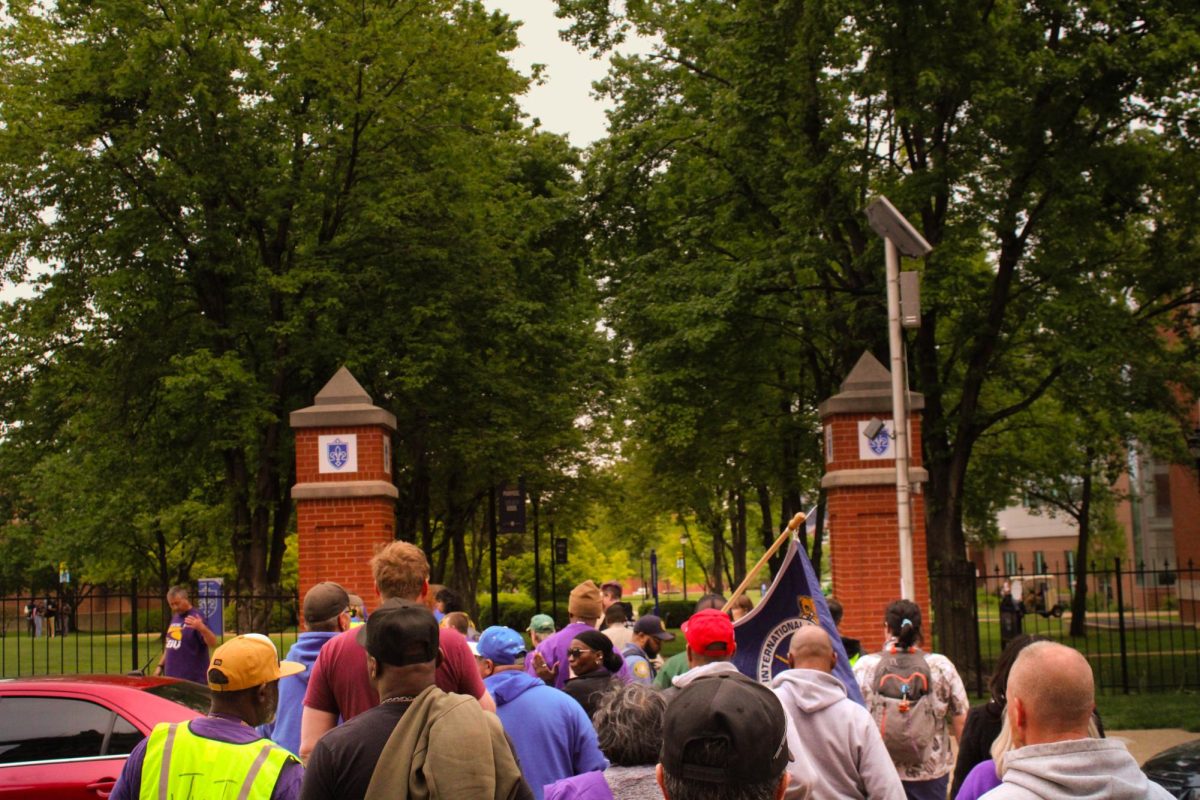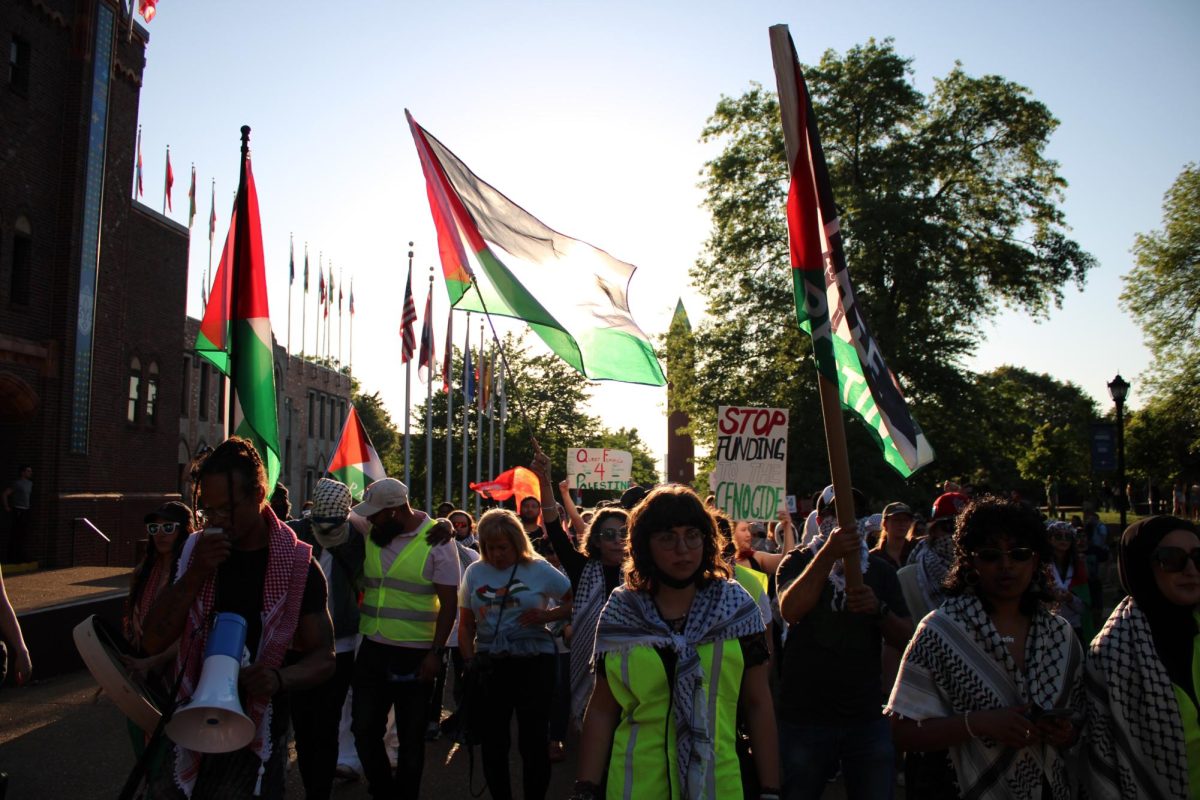Saint Louis University students are taught to be men and women for others, and the Global Medical Brigades convert those teachings to practice.
There are more than 80 chapters of GMB in North America, and SLU’s branch allows its pre-med students to take the classroom abroad, while helping impoverished people along the way.
GMB is an international student-volunteer organization that is part of Global Brigades, a bigger organization that includes other types of fields like law, engineering and dental professions.
“I think these kinds of clubs fit perfectly at SLU, where so many students seek a holistic education,” Brian Kelly, president of SLU GMB, said.
The club was started in April of 2007 and was formally chartered by the Student Government Association in October of 2007. Since then, they have gone on two mission trips to Honduras.
The trips consisted of a number of smaller “brigades” that catered to different communities in Honduras.
“We distributed over $180,000 worth of medicine, supplies and donations to our Honduran friends,” Kelly said.
GMB’s main focus is preparing for the medical mission trips. They collect donations, raise awareness about their mission and recruit members.
“The club is open to everyone who’s passionate about global heath, and no health care background is needed,” Kelly said.
Members are not required to apply to go on the trip, only to participate in preparations. Also, since Spanish professors attend meetings, the GMB can help further a student’s Spanish-speaking skills and cultural education.
“Anyone who is interested in social justice or social health should apply to go on the trip,” said Monica Kao, a member of GMB. “It’s just a great experience.”
Honduras was chosen as the destination country for many reasons. It is one of the poorest countries in the Western Hemisphere, with two-thirds of its 7 million people living below the poverty line.
“January of this year was really my first time in an impoverished country,” Patrick Kennedy, another GMB member, said. “It was an incredibly humbling experience.”
In 1998, Hurricane Mitch destroyed almost 70 percent of the country’s infrastructure, much of which is still in ruins. This has contributed to the impoverished living conditions, which in turn has led to high rates of disease and a failing health care system.
“Some of the most common things we treat are back pain, allergies and parasites,” Kelly said. “Almost everyone gets treated for parasites.”
Once students arrive in Honduras, they embark on a one to three hour drive to the village where they will be working. There, members set up clinic in the town center, often a school or church.
“When we set up clinic, I looked outside and saw a line of about 400 people,” Kennedy said.
To stay organized and keep the situation from becoming overwhelming, different stations are set up.
The first station, intake, keeps record of all the people who come through, while triage, the second station, measures their vital signs and the urgency of their situation. The third station is consultation, where doctors tend to patients and students act as translators. At the fourth station, prescription, doctors write out prescriptions. Students in the pharmacy fill out prescriptions and answer any of the patients’s questions.
“It used to end with the pharmacy, but this year we’re opening a health promotion and disease prevention station,” Kelly said. “This is an effort to make our mission more sustainable by educating people.”
The health promotion and disease prevention station will provide a basic education in heath care and hygiene, to show the Honduron patients how to have a better and healthier lifestyle. Kelly hopes this will make GMB’s efforts more productive. Students working in this station will give lectures and hand out hygiene packs that include toothpaste, soap, sanitizer and other supplies. The lectures teach the locals how to use all the products.
“It’s just really horrific what they have to deal with. It’s amazing how anyone can live like that at all,” Kao said.
“Experiences like these inspire us, educate us and humble us in ways above and beyond what a class or textbook can offer,” Kelly said. “These trips help edify the students’ whole person and make them more understanding of the world we live in.”
This year, the club will be having supply drives on campus to collect donations for the health promotion and disease prevention station. Members will collect anything from Band-Aids to vitamins in their effort to improve the quality of life for many Hondurans.






